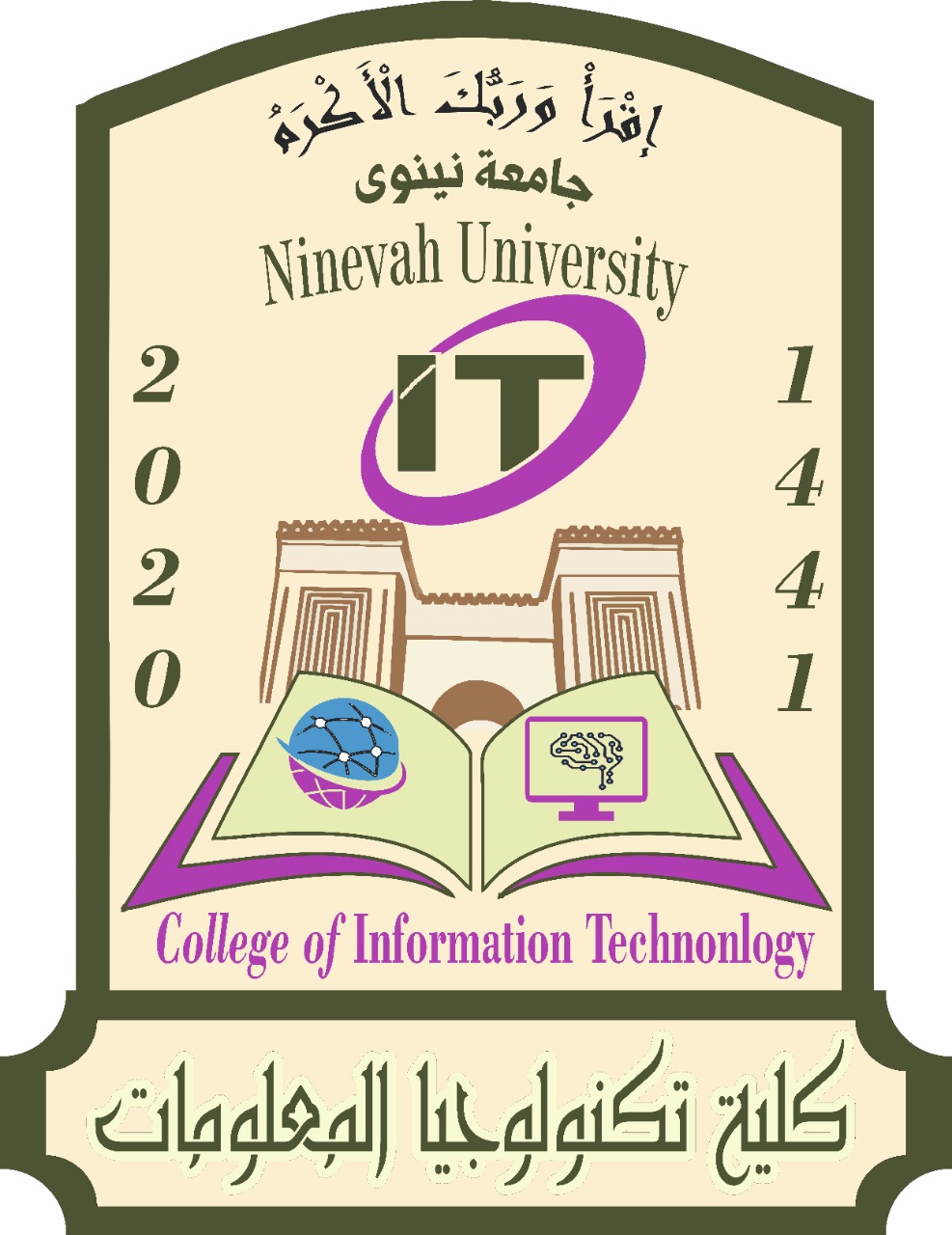Within the framework of joint cooperation between the universities of Nineveh Governorate.
Teachers from the College of Information Technology at the University of Nineveh participated in providing a training course on artificial intelligence at the College of Engineering at the University of Mosul, as part of the training course held by the Department of Mechatronics Engineering at the College of Engineering at the University of Mosul under the title:
“Delving into AI-Based object detection and recognition: An in-depth training program”
( Artificial Intelligence and Deep Learning Algorithms in Detecting and Recognizing Objects: A Detailed Training Course) for teachers and employees of the College of Engineering, which will continue for five days from Sunday, April 28, 2024.
Presenters in the course were the teacher, Dr. Muhammad Yassin Hazem – University of Mosul / College of Engineering / Department of Mechatronics Engineering, the teacher Dr. Ahmed Qasim Ahmed – University of Nineveh / College of Information Technology / Department of Computer Networks and the Internet, and the teacher Dr. Balqis Talal Hassan – University of Nineveh / College of Information Technology / Department of Computer Networks and the Internet, and the teacher is Dr. Ahmed Nashwan Abdel Fattah – Nineveh University / College of Information Technology / Department of Computer Networks and the Internet., And the assistant lecturer is Zainab Salem Abd – Nineveh University / College of Information Technology / Department of Computer Networks and the Internet.
The course discusses the importance of artificial intelligence and deep learning algorithms in analyzing complex data and their applications in multiple fields such as image classification, face and object detection, language translation, identity verification, advanced robotics, medical image analysis, early diagnosis of diseases, and self-driving cars.
It was discussed how to build and design these networks to achieve maximum efficiency and effectiveness in data processing.
In addition, some of the latest technologies and research in this field were discussed, providing an in-depth insight into how these technologies can be used in developing future projects in the city of Mosul. The lecturers provided live examples of the use of neural networks in practical applications, which enriched the discussion and interaction among the participants.
The session was characterized by interaction from the attendees, as everyone exchanged ideas and experiences about the challenges and opportunities presented by this field. The session concluded with an active question and answer session, where important issues and deep technical topics were touched upon.
We look forward to more courses, workshops and seminars that enhance the university’s position as a leading center in the research and development of information technology and artificial intelligence.



